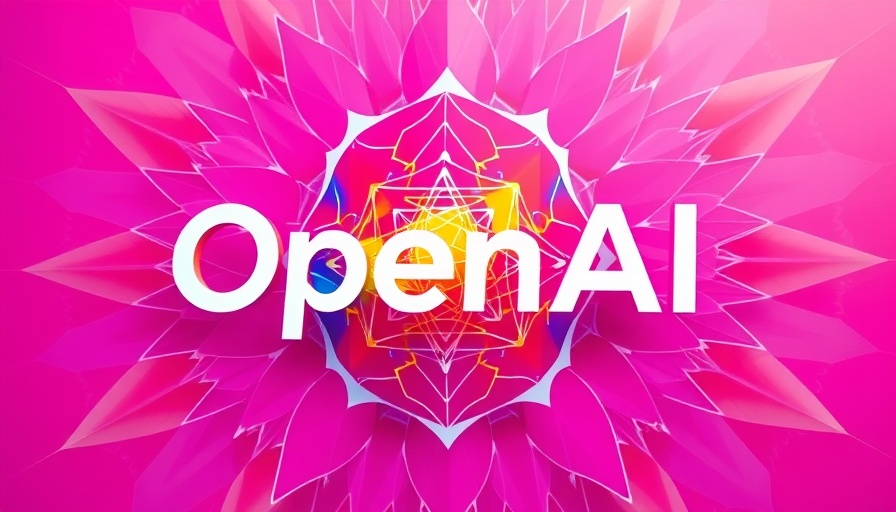
The Potential Shift in Browser Dynamics
In a surprising revelation during ongoing antitrust proceedings against Google, OpenAI's chief, Nick Turley, expressed that his company would eagerly consider acquiring Google Chrome if the opportunity arose. This statement not only underscores OpenAI's ambitions but also reflects the shifting dynamics within the technology industry, especially as regulators scrutinize Google's market power.
OpenAI's Vision for a New Era of Browsing
Turley articulated that acquiring Chrome would empower OpenAI to create an "AI-first browser experience," a concept that has generated considerable excitement among tech enthusiasts. This idea posits that integrating advanced AI capabilities directly into web browsing could lead to a more intuitive and efficient online experience for users, setting a new standard in browser technology.
By hiring former Google developers who contributed to Chrome's inception, OpenAI is strategically positioning itself for innovation in this space. Their insights and experience could prove invaluable in reimagining what a modern browser could look like, potentially incorporating features that preemptively understand user needs and preferences.
The Implications of Google's Antitrust Case
The backdrop to this discussion is the Justice Department's antitrust trial against Google, which argues that Google has monopolized the online search market through unfair practices. As the trial unfolds, there are increasing calls for Google to divest its popular browser, Chrome, which could create an unprecedented opportunity for competitors such as OpenAI.
If the court rules in favor of the Justice Department, it may not only alter the landscape of internet browsing but also ignite a race among tech companies to innovate new and enhanced experiences that align with user expectations for privacy and personalization.
Current Trends in Web Browsing Technology
The push towards AI integration is not unique to OpenAI. Across the tech industry, companies are focusing on harnessing artificial intelligence to enhance the web experience. From predictive text to advanced data curation, the aim is to create smarter, more responsive web interfaces that can adapt to user habits.
Additionally, the increasing emphasis on data privacy pushes browsers to adopt more secure methods of handling user information. Companies must navigate the challenge of offering enhanced services while also respecting privacy norms, a balancing act that will shape the future of browser technology.
The Future of Browsers: An AI Integration Perspective
As we look ahead, we can anticipate significant innovations in browser technology, particularly with AI at the helm. Future browsers might leverage AI to analyze browsing habits, suggest relevant content proactively, and even offer automated assistance for tasks traditionally requiring manual input.
Moreover, such developments could lead to new revenue models, with personalized advertising becoming more effective as companies harness user data responsibly and transparently. OpenAI’s interest in Chrome could signify the dawn of a new era in which browsers serve as more than just gateways to the web but as intelligent assistants that enhance our online experiences.
What This Means for Consumers
For end-users, this evolving landscape presents both opportunities and challenges. On one hand, consumers may benefit from more refined and innovative browser options that enhance their online interactions. On the other hand, the monopolization of technology might raise concerns about the concentration of power and data in the hands of a few large companies.
As the market dynamics shift, users must stay informed about the implications for privacy, security, and user experience. The potential acquisition of Chrome by OpenAI could serve as a catalyst for change, encouraging existing firms to innovate or risk becoming obsolete.
Conclusion: Keeping an Eye on the Future
Whether or not OpenAI's ambitions to purchase Chrome materialize, the discussions surrounding AI integration and browser technology signify critical advancements on the horizon. As consumers, it’s essential to engage with emerging tech news and understand the implications of these transitions, ensuring we remain informed about the tools and platforms we rely upon daily. Stay tuned to the latest tech news for more updates on this unfolding story and its impact on the tech landscape.
 Add Row
Add Row  Add
Add 



Write A Comment